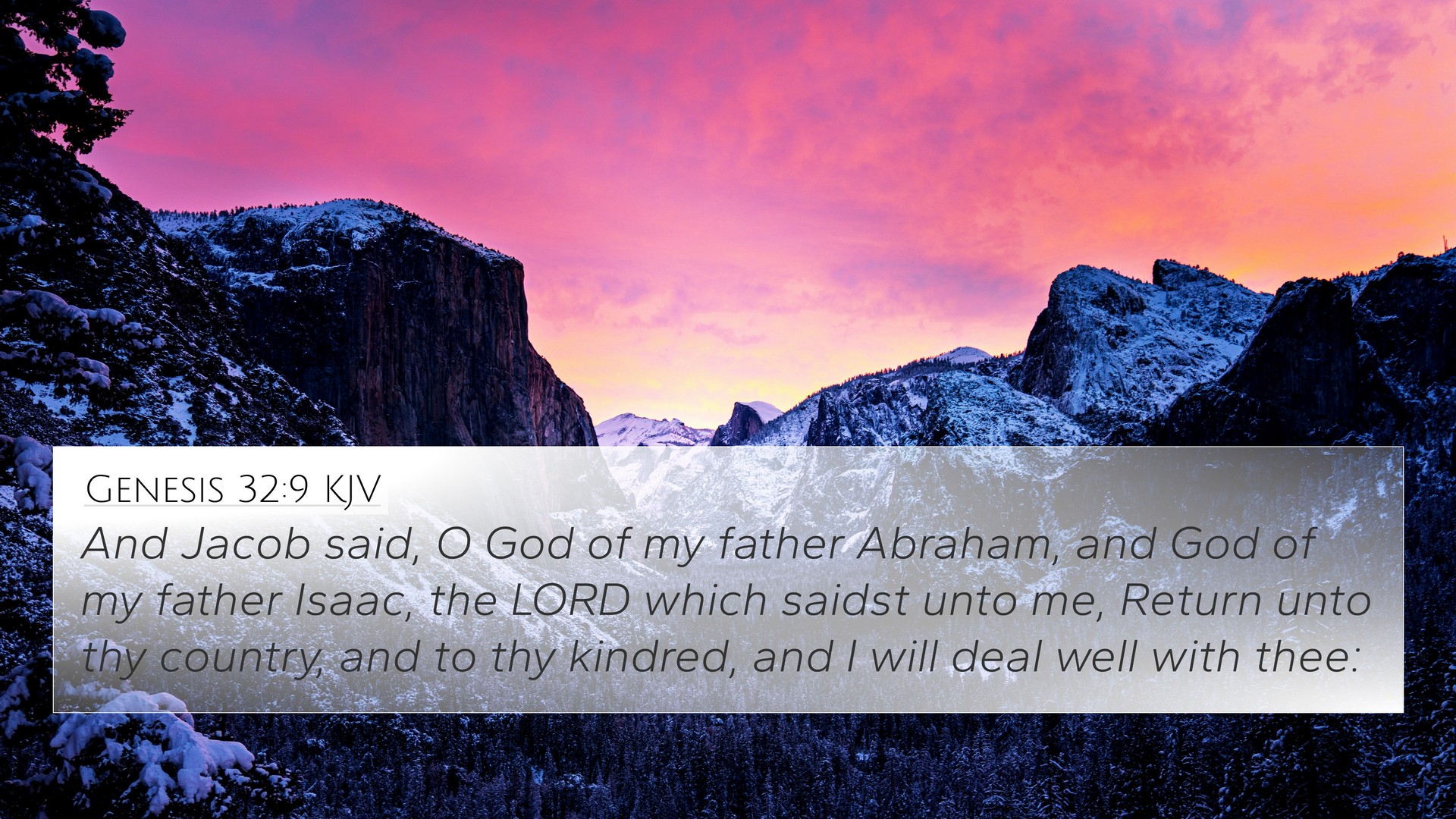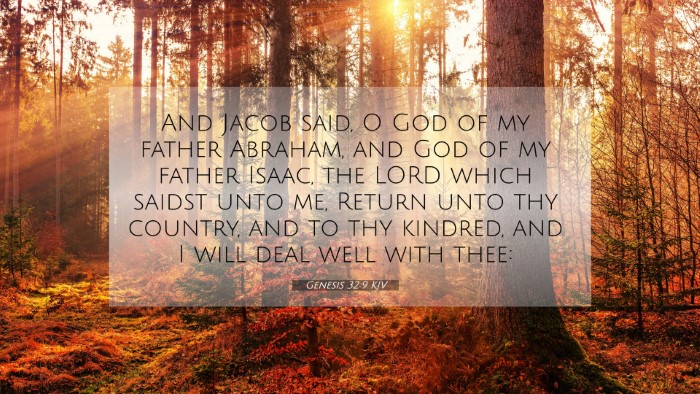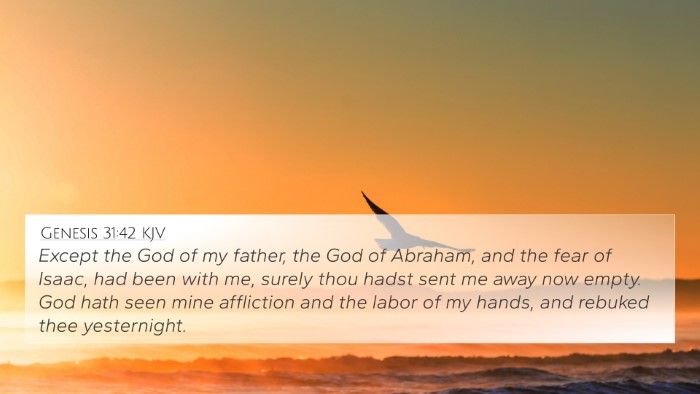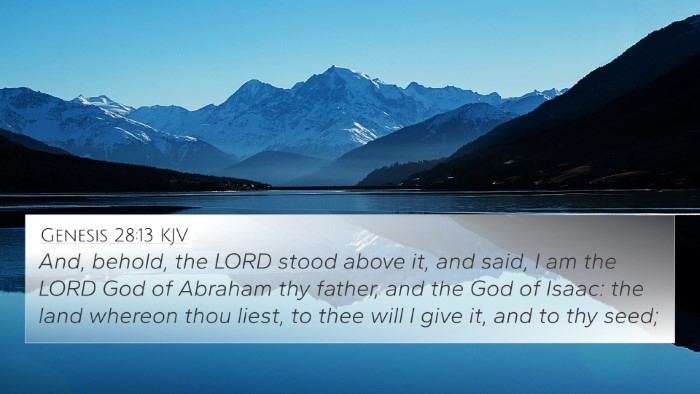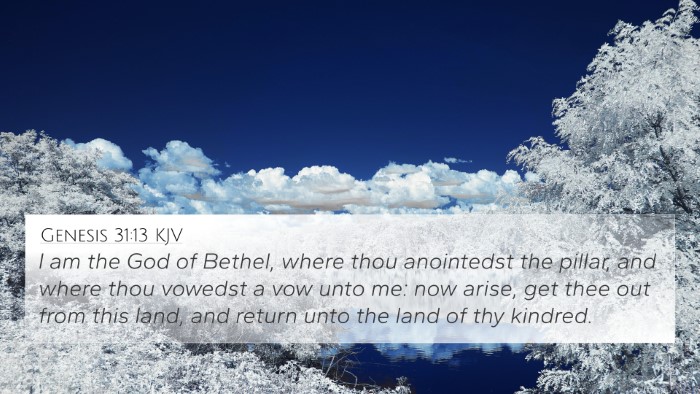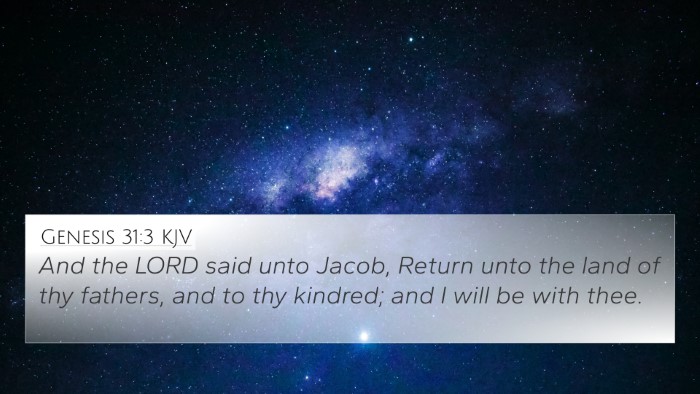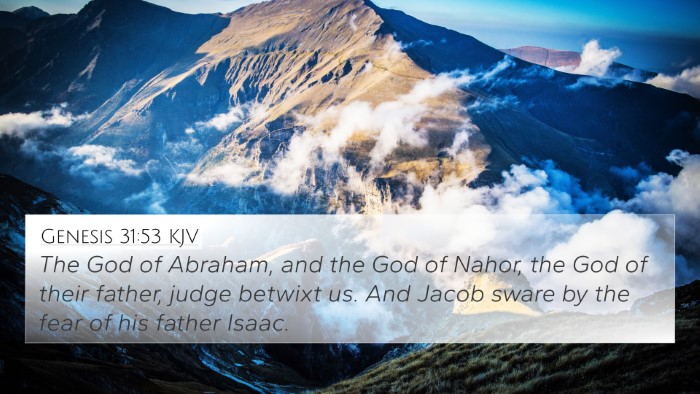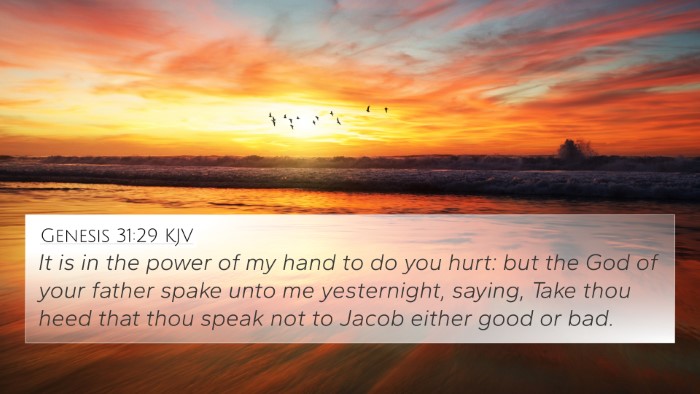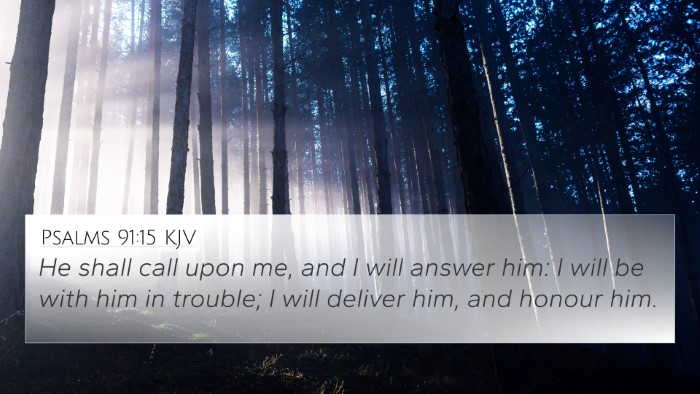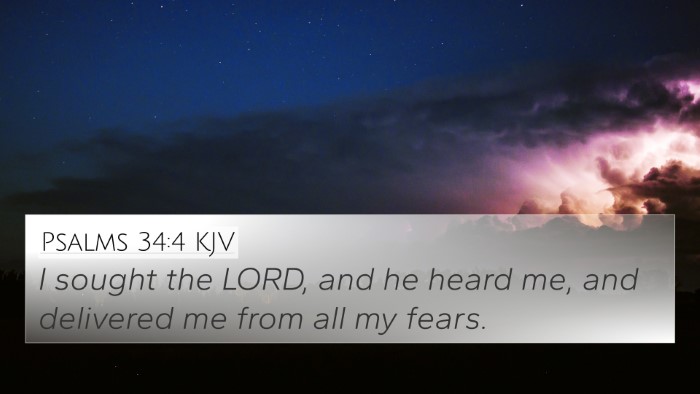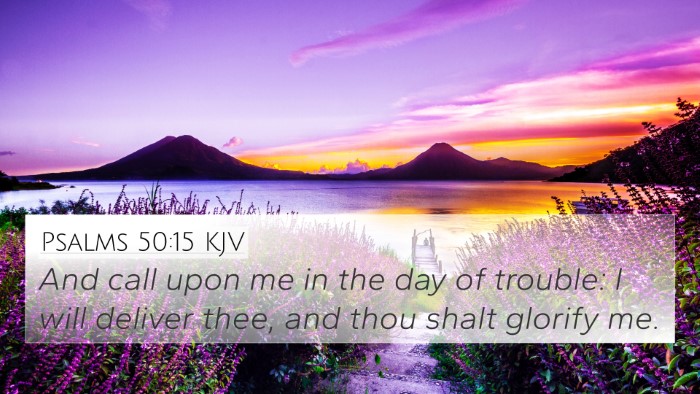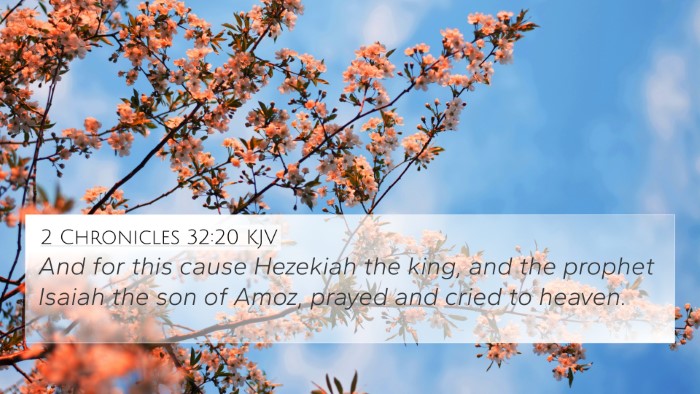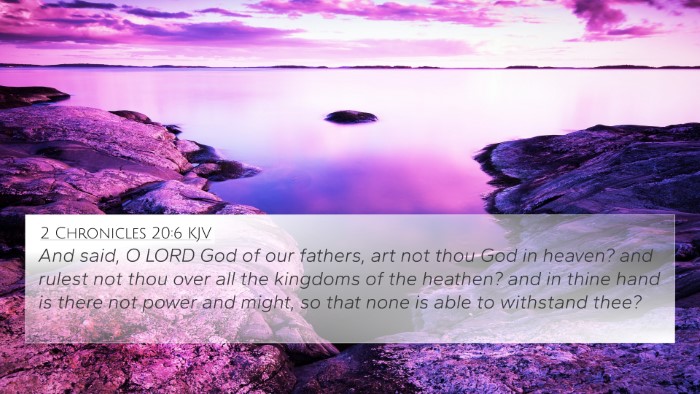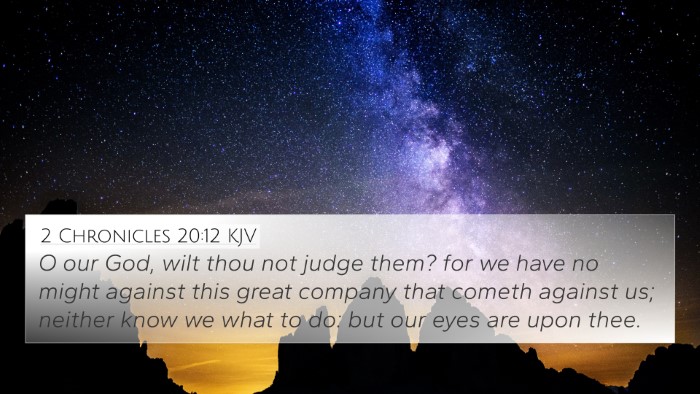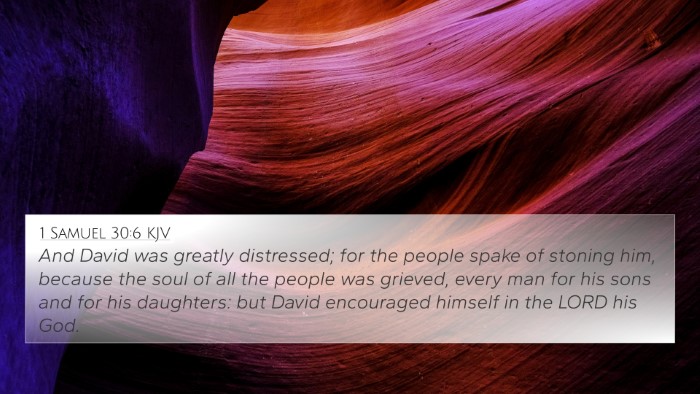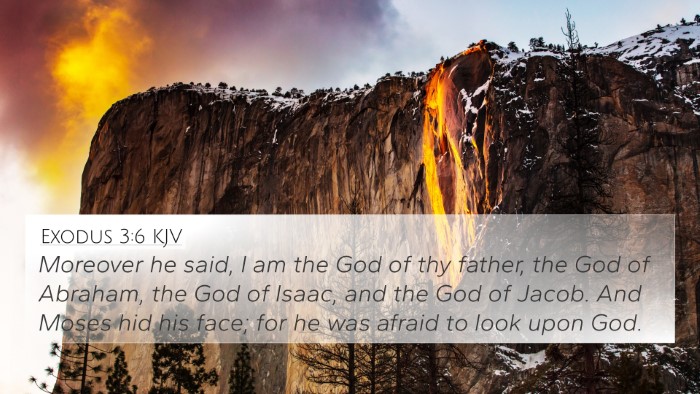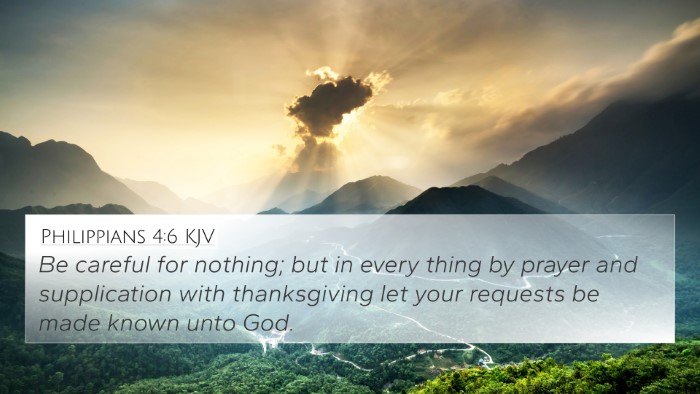Genesis 32:9 reads, "And Jacob said, O God of my father Abraham, and God of my father Isaac, the LORD which saidst unto me, Return unto thy country, and to thy kindred, and I will deal well with thee." This verse finds Jacob in a moment of profound prayer and reflection as he prepares to confront his brother Esau after many years of separation.
This verse is rich in theological and practical implications, combining the themes of divine promise, ancestral legacy, and personal crisis. Jacob acknowledges the God of his forefathers, situating his plea within a theological context rooted in God’s previous interactions with his family.
Summary of Insights from Commentaries
-
Matthew Henry:
Henry emphasizes Jacob's humility in acknowledging God. He notes that Jacob's prayer reflects his dependence on God's promise and mercy, particularly in light of past wrongdoings. The appeal to the God of Abraham and Isaac serves to remind God of His covenant promises, reinforcing the importance of intercessory prayer.
-
Albert Barnes:
Barnes highlights the significance of Jacob’s acknowledgment of God's command to return home. This command is juxtaposed against Jacob's fears of Esau's response, illustrating a conflict between divine guidance and human apprehension. The commentator points out that Jacob's prayer is both a confession of faith and a plea for safety.
-
Adam Clarke:
Clarke brings attention to Jacob's restorative journey back to his homeland. He reflects upon the importance of the familial tie to Abraham and Isaac in Jacob's relationship with God, suggesting that Jacob seeks assurance of God's favor as he returns. This notion underscores the theme of covenantal faithfulness.
Cross-References and Connections
Genesis 32:9 can be explored further through several biblical references that illuminate its themes:
- Genesis 28:13-15: God's promise to Jacob during his encounter at Bethel which sets the foundation for Jacob's understanding of God's covenant.
- Genesis 31:3: God instructs Jacob to return to his homeland, which highlights his obedience to divine direction even amidst fear.
- Genesis 32:10: Jacob’s acknowledgment of his unworthiness, preparing the reader for his appeal to God’s mercy.
- Exodus 33:1: Relating to God guiding Israel in their journey, reinforcing God's faithfulness to His people.
- Isaiah 41:8-10: God reassures Israel of His presence and aid, similar to the reassurance Jacob seeks.
- Matthew 6:9-13: The Lord's Prayer emphasizes reliance on God, akin to Jacob's invocation of the Father's promises.
- Hebrews 11:21: Reflects on the faith of Jacob at the end of his life, tying back to his yearning for God's blessing in this moment of crisis.
Thematic connections
This verse serves as a reminder of the continuity present in the biblical narrative—the connection between God’s historical actions and personal experiences of faith. The invocation of Abraham and Isaac echoes throughout scripture, reminding believers of God's steadfastness across generations.
The Significance of Prayer in Genesis 32:9
-
Invocation of God's Names:
Jacob’s use of the titles for God reflects a deep understanding of divine nature and character. By referencing the God of his ancestors, Jacob adheres to a tradition of corporate worship that emphasizes legacy.
-
Dependency on Divine Assurance:
Jacob's prayer emphasizes human vulnerability and the need for divine assurance, reminding us that prayer is not merely a ritual, but a genuine plea for God's intervention in our moments of fear.
Application of Insights
Studies of Genesis 32:9 encourage believers to consider the importance of incorporating God's promises into their prayers, fostering a deep reliance on scripture and understanding the broader context of faith through cross-referencing.
In studying this verse, readers can find a practical guide to crafting prayers that are rooted in scriptural promises and historical faithfulness. By utilizing tools for Bible cross-referencing, such as concordances and thematic guides, one can draw connections and enhance their understanding of the biblical narrative.
Conclusion
Genesis 32:9 embodies a moment of transition, faith, and the acknowledgment of God’s sovereignty in Jacob's journey. By engaging deeply with this verse and its connections, believers can enrich their spiritual lives and navigate their own journeys with assurance rooted in the heritage of faith.
